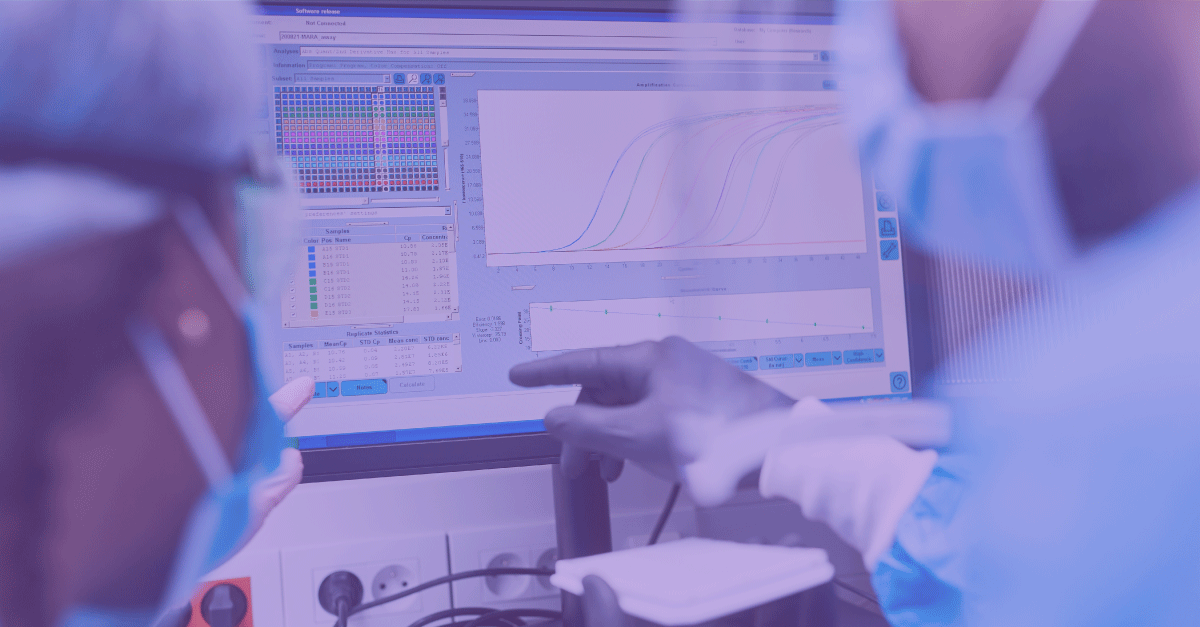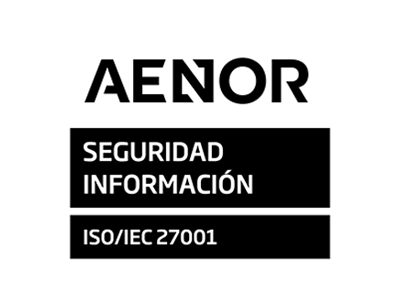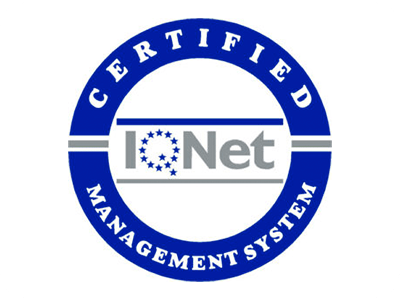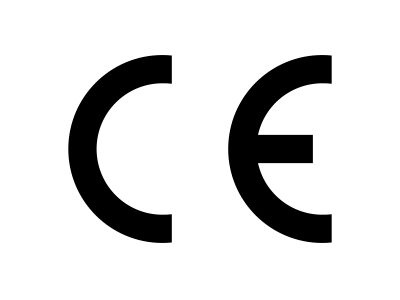How Real World Evidence Is Changing The Future of Healthcare
August 26th, 2022

Why does it matter that we use Real World Evidence when making decisions in healthcare?
Medicine has entered an exciting time, where Real World Evidence (RWE) is now playing a major role. You may have heard of the term ‘Real World Evidence’ (RWE), but what does it mean and how is it changing healthcare? Let’s find out!
What is Real World Evidence?
So, what is RWE? In short, it’s data that comes from patients’ real-world experiences with medications. It’s a relatively new approach to evidence generation in healthcare.
It uses data collected from all points of contact within the health system to inform today’s medical decisions from clinical practice to policymaking and inform future research. This includes electronic health records, claims data, observational studies, and much more data that doesn’t typically appear in clinical trials. It offers doctors and patients more insight regarding treatments, helping to ensure that the best possible care is delivered.
This leaves us with plenty of questions to answer, including: How does this all fit in with the current healthcare environment, and how are new technologies going to change healthcare as we know it?
Why is Real World Evidence important?
Regulators have traditionally relied on clinical trial data to assess new medicines. However, this approach has limitations. This includes the time it takes, and how it provides limited information about how medicines are used in practice. For example, there may be fewer participants than needed to address a specific question, and there may be biases or limitations in the design or conduct of studies.
Another main limitation is cost. No one in the healthcare industry has been immune in the face of increasing expenses and pressure to meet outcome-based performance indicators. Doctors and nurses have had to do more with less, and patients are starting to demand that their care improve.
Real World Evidence (RWE) is a powerful tool to address these issues and expand the scope for evidence-based decision-making. The goal is to provide more comprehensive evidence on the safety and effectiveness of new drugs and medical devices than what’s available from traditional clinical trials. RWE can also help researchers determine which treatments are most effective for specific patient groups. For example, it may show that a drug works well for patients with a certain type of disease but not for people with another condition.
RWE conducts a scientific analysis of how people are being treated and cared for in hospitals across the country, collecting literature from medical experts, journals, patient surveys, and other sources. Armed with this data, hospitals can refine treatment plans and improve patient outcomes across the board.
Summary of Benefits
1. Helps us understand how treatments work in the real world
2. Gives us better insights into how effective treatments are for different patient groups
3. Helps us understand which treatments are most cost-effective
RWE and Artificial Intelligence
It’s no surprise that artificial intelligence is increasingly being used to support decision-making in healthcare. As the amount of digital healthcare data is rapidly on the rise, more sophisticated tools and mechanisms are needed. The combination of machine learning, deep learning, and natural language processing is increasingly driving forward the capacity to gain insight from a vast amount of data. AI adds considerable value and has the potential to improve patient outcomes to transform healthcare delivery.
AI can be used to improve the accuracy of RWE by identifying patterns that would be otherwise too difficult or time-consuming for humans to discern. For example, AI can be used to identify which patients are most likely to respond to a certain treatment. This information can then be used to tailor treatment plans accordingly. Another example is that AI can identify previously unknown relationships between genes and disease. These insights could then be used to develop new diagnostic tests or targeted therapies.
Overall, AI-powered analysis can create many benefits for the healthcare sector. These include, optimizing how trials function, identifying opportunities within drug development, speeding up the time it takes to launch new medicines, detecting emerging safety issues, and providing a deeper understanding of risk and benefits. With the help of AI, RWE is becoming more reliable and more informative than ever before.
Ways in which Real World Evidence is transforming healthcare
Real World Evidence (RWE) is a big deal. It’s changing how we think about healthcare, and it’s going to be a major factor in approaches to drug development and pricing in the future. We are moving from a system that focused on treating illness to one that focuses on preventing it. Real World Evidence (RWE) has an important role to play in this transformation.
1. Life Science Research
Real world evidence provides many opportunities for life science research. It also allows companies to discover trends, respond to these needs, and prioritize development.
2. Clinical trials
Traditional clinical trial methods have limitations, especially as they deal with smaller groups. Real World Evidence helps clinical trials by collating data from a larger group with varied demographics. Therefore, researchers have a wider sample to work with that have used and experienced the product or service, leading to a better understanding of the end result.
3. Marketing Evaluations Pre and Post Launch
Before launching a new drug, commercial teams need to collect data to target products. This includes information on patient populations, uptake of products, competitors, and number of doctors prescribing products.
It’s important to continue to gather information and learn about drugs even after they are approved and rolled out. Real World Evidence allows companies to find out more about why drugs do or don’t work as doctors and patients try them. For example, there is a high demand for this data in oncology units.
4. Regulatory Requirements
Before products are approved, the appropriate regulatory bodies need to analyze information about the product extensively. There are guidelines concerning what data is used and how this leads to approval to introduce products. RWE makes it easier for companies to gather data, and not solely base effectiveness on clinical trials, which helps in making their case for approval more straightforward.
5. Decision Support
RWE is a strong resource when supporting decision-making. It helps companies utilize a large number of data to identify richer insights and address needs. This, in turn, leads to smarter and more efficient decisions, and discovery of new and powerful opportunities.
Ready to see what we can do for you?
In the right hands, artificial intelligence can take human performance to a hitherto unimaginable level. Are you ready for evolution?




